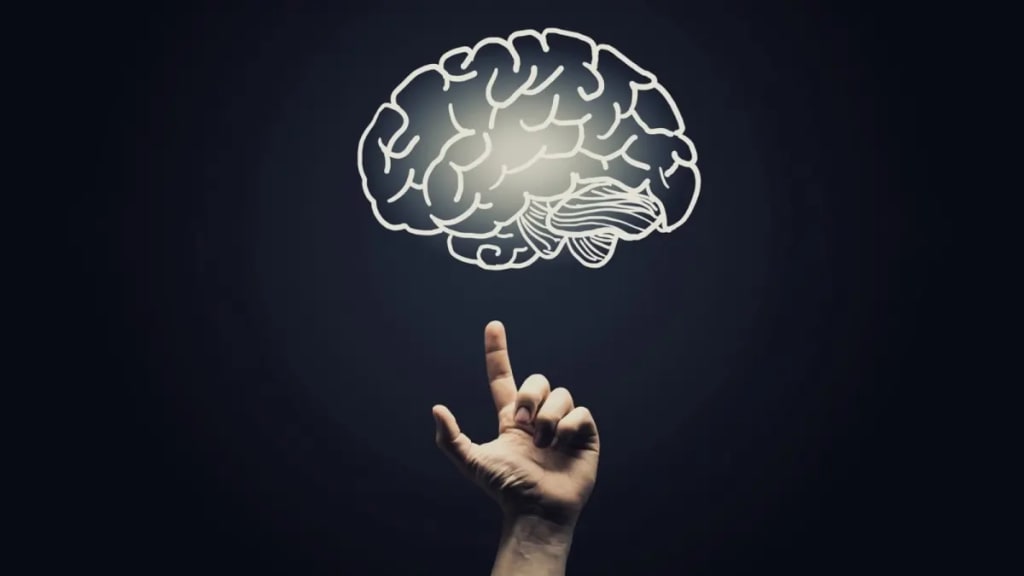11 Fascinating Psychological Facts about Human Behavior
Human behavior

The field of psychology unravels the complex mysteries of human behavior, shedding light on the fascinating aspects of our thoughts, emotions, and actions. From unconscious biases to cognitive quirks, our behavior is influenced by a myriad of factors. In this article, we will explore 11 intriguing psychological facts that offer profound insights into the workings of the human mind.
The Illusion of Transparency:
Humans tend to overestimate how well others can perceive their inner feelings and thoughts. This phenomenon, known as the illusion of transparency, occurs because we are so immersed in our own experiences that we assume others can easily understand them. However, people are often less perceptive than we believe, leading to misunderstandings and communication gaps.
Primacy and Regency Effects:
When presented with a series of information, people tend to remember the first and last items more effectively than those in the middle. This primacy and regency effect illustrates how our memory is influenced by the order in which information is presented. Advertisers and public speakers often exploit this knowledge to make a lasting impact.
The Halo Effect:
The halo effect refers to our tendency to make global judgments about a person's character based on a single positive trait or impression. For instance, if we perceive someone to be physically attractive, we may assume they are also intelligent or kind. This cognitive bias affects our perceptions and can lead to biased decision-making.
Cognitive Dissonance:
Cognitive dissonance occurs when individuals experience psychological discomfort due to holding conflicting beliefs or attitudes. To reduce this discomfort, people often adjust their beliefs or rationalize their actions. This explains why individuals may cling to false beliefs or defend their choices, even in the face of contradictory evidence.
The Bystander Effect:
The bystander effect is a social phenomenon in which individuals are less likely to intervene in an emergency situation when others are present. This diffusion of responsibility occurs because people assume someone else will take action, leading to a lack of help. Recognizing this tendency can motivate individuals to take prompt action in critical situations.
Anchoring Bias:
The anchoring bias refers to our tendency to rely heavily on the first piece of information encountered when making decisions. Even if the initial information is arbitrary or irrelevant, it can significantly influence subsequent judgments. Being aware of this bias can help us make more rational and informed choices.
The Placebo Effect:
The placebo effect highlights the power of the mind in influencing our physical well-being. When individuals believe they are receiving a beneficial treatment, they often experience improvements, even if the treatment is inert. This phenomenon underscores the role of expectations and belief systems in our overall health.
Confirmation Bias:
Confirmation bias is the tendency to seek, interpret, and favor information that confirms our preexisting beliefs or expectations. This bias can hinder critical thinking and lead to the formation of echo chambers, reinforcing our existing viewpoints. Being open-minded and actively seeking diverse perspectives can help counteract this bias.
The Zeigarnik Effect:
The Zeigarnik effect describes our tendency to remember incomplete or interrupted tasks more effectively than those we have finished. This effect highlights the impact of unfinished business on our cognitive processes, creating a mental urge to complete the task at hand.
The Endowment Effect:
The endowment effect suggests that individuals assign a higher value to items they own compared to identical items they do not possess. This bias explains why we often resist parting with possessions, even when offered fair value in exchange. Recognizing this effect can help us make more objective decisions when it comes to buying, selling, or negotiating.
Emotional Contagion:
Emotions are contagious, and we can "catch" the feelings of those around us. Whether it is joy, sadness, or anger, our emotions can spread like wildfire, influencing the moods and behaviors of those in our social circles. This phenomenon underscores the importance of surrounding ourselves with positive and uplifting individuals.
Exploring the intricate workings of the human mind reveals a multitude of intriguing psychological facts about human behavior. From cognitive biases to social phenomena, these insights provide valuable knowledge to understand ourselves and others better. By acknowledging these fascinating aspects of our psychology, we can navigate our interactions and decision-making with greater self-awareness and empathy.
About the Creator
Enjoyed the story? Support the Creator.
Subscribe for free to receive all their stories in your feed. You could also pledge your support or give them a one-off tip, letting them know you appreciate their work.





Comments
There are no comments for this story
Be the first to respond and start the conversation.